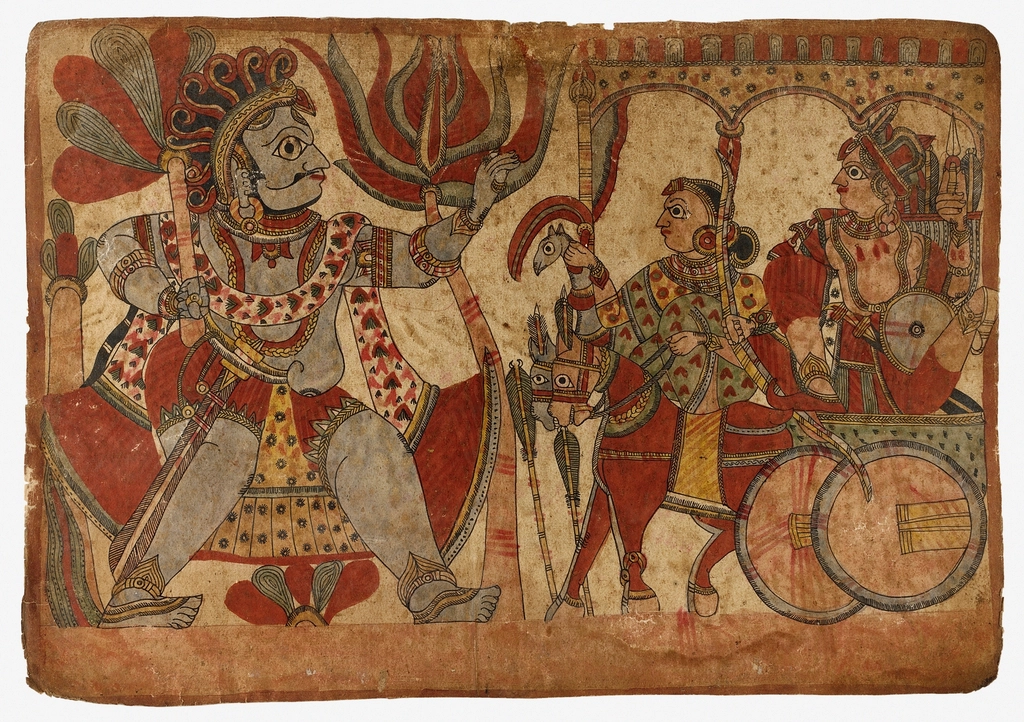Throughout history, conspiracies have captivated the human imagination. From secret societies to hidden agendas, these tales often blur the lines between fact and fiction. One such conspiracy that has intrigued historians, archaeologists, and conspiracy theorists alike is the idea that ancient civilizations may have collaborated in secret to shape the course of human history. This article delves into the possibility of such an ancient conspiracy, exploring its origins, implications, and the evidence that supports its existence.
The Concept of Ancient Conspiracy

The notion of an ancient conspiracy suggests that powerful figures or groups in history may have worked together to influence events for their benefit. This could involve anything from political maneuvering to the suppression of knowledge. The idea is not new; many cultures have myths and legends that hint at secret societies or hidden knowledge. The question remains: could there be any truth to these stories? Consider the legends of Atlantis or the tales of lost civilizations that supposedly held advanced technologies. Could these be remnants of a grand conspiracy that has been carefully hidden from the world?
Evidence of Collaboration Among Ancient Civilizations

One of the most compelling pieces of evidence for an ancient conspiracy is the remarkable similarities between various ancient civilizations. For instance, the pyramids of Egypt, the ziggurats of Mesopotamia, and the temples of the Maya all share striking architectural features despite being built in different parts of the world and at different times. This raises the question: were these civilizations in contact with each other, sharing knowledge and techniques? Some researchers suggest that these structures are evidence of a shared understanding of mathematics and astronomy, hinting at a level of communication that transcended geographical boundaries.
The Role of Secret Societies

Throughout history, secret societies have played a significant role in shaping events behind the scenes. Groups like the Freemasons and the Illuminati are often cited in modern conspiracy theories. However, ancient secret societies may have existed long before these groups. The Eleusinian Mysteries in ancient Greece, for example, were a series of secret religious rites that promised initiates knowledge of the afterlife. Such societies could have been instrumental in preserving and transmitting knowledge across generations. Were these societies the guardians of secrets that could alter the course of history?
The Influence of Religion and Mythology

Religion and mythology have often served as tools for control and manipulation. Ancient texts, such as the Epic of Gilgamesh or the Egyptian Book of the Dead, contain themes of power, divine intervention, and the manipulation of fate. These narratives could have been used by elites to justify their rule and maintain control over the masses. The question arises: were these stories part of a larger conspiracy to shape societal beliefs and structures? By embedding specific messages within religious doctrines, could ancient rulers have influenced the thoughts and actions of entire populations?
The Suppression of Knowledge

One of the most intriguing aspects of the ancient conspiracy theory is the idea that knowledge has been deliberately suppressed throughout history. The destruction of the Library of Alexandria is often cited as a pivotal moment in the loss of ancient wisdom. Many believe that the knowledge contained within its walls could have changed the course of history. Were there forces at play that sought to keep this knowledge hidden from the public? The burning of this library is often seen as a deliberate attempt to erase valuable information that could have empowered the masses.
The Connection to Modern Conspiracies

Interestingly, many modern conspiracies echo themes found in ancient narratives. The idea of a shadowy elite controlling world events is a recurring motif. This connection raises the question of whether these ancient conspiracies have evolved into the modern conspiracies we see today. Are we witnessing a continuation of a long-standing tradition of manipulation and control? As we look at today’s world, with its complex political and economic systems, could the roots of these conspiracies be traced back to ancient times?
Archaeological Discoveries Supporting the Theory

Recent archaeological discoveries have shed light on the possibility of ancient collaboration. For instance, the discovery of trade routes connecting distant civilizations suggests that they were not as isolated as previously thought. Artifacts found in different regions often display similar styles and techniques, indicating a shared cultural heritage. These findings support the idea that ancient societies may have conspired to exchange knowledge and resources. Could these connections reveal the existence of a sophisticated network of communication and collaboration?
The Role of Technology in Uncovering the Truth

Advancements in technology, such as satellite imaging and DNA analysis, have revolutionized the way we study ancient civilizations. These tools have allowed researchers to uncover hidden structures and trace the movement of people and goods across ancient landscapes. As technology continues to evolve, it may provide further evidence of ancient conspiracies and collaborations. With every new discovery, we inch closer to understanding the true nature of these ancient connections and the possibility of a grand conspiracy.
Conclusion: The Legacy of Ancient Conspiracies

The idea of an ancient conspiracy that might actually be true invites us to reconsider our understanding of history. While definitive proof may remain elusive, the evidence of collaboration, suppression of knowledge, and the influence of secret societies suggests that the past may be more complex than we realize. As we continue to explore our ancient roots, we may uncover truths that challenge our perceptions and reshape our understanding of humanity’s journey.
Final Thoughts

The allure of ancient conspiracies lies in their ability to connect us to a shared human experience. They remind us that the quest for knowledge, power, and control is not a modern phenomenon but a timeless aspect of our existence. As we delve deeper into the mysteries of the past, we may find that the truth is often stranger than fiction.


